BASTARDS OF UTOPIA
GLOBAL RESEARCH STUDIES
is part of the Framing the Global project,
an initiative of Indiana University Press and the
Indiana University Center for the Study of Global Change,
funded by the Andrew W. Mellon Foundation.
ADVISORY COMMITTEE
ALFRED C. AMAN JR.
EDUARDO BRONDIZIO
MARIA BUCUR
BRUCE L. JAFFEE
PATRICK OMEARA
RADHIKA PARAMESWARAN
HEIDI ROSS
RICHARD R. WILK
NEW ANTHROPOLOGIES OF EUROPE
EDITORS
MICHAEL HERZFELD
MATTI BUNZL
MELISSA CALDWELL
BASTARDS
LIVING RADICAL POLITICS AFTER SOCIALISM
OF UTOPIA
MAPLE RAZSA

This book is a publication of
Indiana University Press
Office of Scholarly Publishing
Herman B Wells Library 350
1320 East 10th Street
Bloomington, Indiana 47405 USA
iupress.indiana.edu
2015 by Maple Razsa
All rights reserved
No part of this book may be reproduced or utilized in any form or by any means, electronic or mechanical, including photocopying and recording, or by any information storage and retrieval system, without permission in writing from the publisher. The Association of American University Presses Resolution on Permissions constitutes the only exception to this prohibition.
 The paper used in this publication meets the minimum requirements of the American National Standard for Information SciencesPermanence of Paper for Printed Library Materials, ANSI Z39.481992.
The paper used in this publication meets the minimum requirements of the American National Standard for Information SciencesPermanence of Paper for Printed Library Materials, ANSI Z39.481992.
Manufactured in the United States of America
Library of Congress Cataloging-in-Publication Data
Razsa, Maple.
Bastards of utopia : living radical politics after socialism / Maple Razsa.
pages cm. (Global research studies)
Includes bibliographical references and index.
ISBN 978-0-253-01583-9 (cloth : alk. paper) ISBN 978-0-253-01586-0
(pbk. : alk. paper) ISBN 978-0-253-01588-4 (ebook) 1. RadicalismCroatia. 2. YouthPolitical activityCroatia. 3. YouthCroatiaAttitudes. 4. Anti-globalization movementCroatia. 5. Occupy movementCroatia. 6. PostcommunismCroatia. 7. CroatiaPolitics and government1990 I. Title.
HN638.Z9R373 2015
303.48'4094972dc23
2014044169
1 2 3 4 5 20 19 18 17 16 15
Aleksandar Aco Todorovi (19552014)
Founding president of the Association of Erased Citizens of Slovenia
CONTENTS
ACKNOWLEDGMENTS
Spending years with activists who embraced mutual aid, copyleft, and commoning as core political principlesprinciples to be put into practice in everyday life whenever possiblemade me acutely aware that I have relied on the work of others at every stage of this project. This book certainly could not have been written without the activists I call Rimi, Pero, and Jadranka, or the main characters of the feature documentary, Fistra, Dado, and Jelena. Their creativity and commitment mark every page that follows. They shared their lives and activism with me, deeply influenced my analysis with their own, and fundamentally changed what I think of as a life well lived. While these activists bore the brunt of my constant presence and relentless questions, there were many activists in Croatia, Slovenia, and beyond who contributed to this research. They patiently and impatiently corrected my misconceptions. They demonstrated to me time and again that their stories of creative struggle could be a vital resource with which to confront the political crises of our era.
Mindful of my collaborators safety, not least the constant fear of police surveillance and intervention that marred their lives, I will resist the strong urge to acknowledge the individual activists who have given me so much over the years. I offer instead a partial list of the initiatives, organizations, networks, and movements around which my fieldwork was organized: Abolishing the Borders from Below, the Anarcho-Syndicalist Initiative of Serbia, Antifaistika akcija, Antiratna kampanja Hrvatske, Arkzin, the Belgrade Circle, Balkan Anarchist Bookfair, the DHP Collective, the Association of the Erased, asopis za kritiko znanosti, Disobedienti, Dosta je ratova!, Dost je!, Fade in, Gmajna, Hrana a ne oruje, IndyMedia Croatia, Invisible Workers of the World, Metelkova, Multimedijalni institut, Occupy Slovenia/15o, Peoples Global Action, Reciklirano imanje, Rijeka Anarchist Initiative, Social Center Rog, to ita?, to gleda?, Take it or Leave it, Tovarna Rog, Tute Bianche, Urad za intervencijo, the Wasps Nest Collective, Ya Basta!, Zagrebaki anarhistiki pokret, Zelena akcija, and many others.
There are a few names from the region that need not remain shrouded in anonymity and whose contributions to my researchand the richness of my lifeI acknowledge with pleasure. In Croatia this includes Igor Bezinovi, Boris Buden, Vlatka Blagu, Teodor Celakoski, Vesna Jankovi, Hrvoje Juri, Iva Kraljevi, Marcell Mars, Tomislav Medak, Robert Perii, Draen imlea, Oliver Serti, and Marko Strpi. During the period of my primary fieldwork in Zagreb, I enjoyed affiliation with the Institute for Ethnology and Folklore. The scholars at IEF were warm hosts throughout, providing assistance, camaraderie, insight, and, on numerous occasions, excessive amounts of regional cuisine. Renata Jambrei Kirin, who was an informal mentor, helped in ways too numerous too count.
In Slovenia, where the line between friends, colleagues, and comrades is especially blurry, I must mention David Brown, Metod Dolinek (who is to blame for everything, but will never accept responsibility for anything), Vito Flaker, Aigul Hakimova, Gaper Kralj, Peter Medica, Sara Pistotnik, Armin Salihovi, and Darij Zadnikar. Barbara Beznec and Andrej Kurnik, both together and individually, are the embodiment of what it means to make revolutionary struggle a joy and pleasure. While they pursue radical change with all their vitality, they never treat it as a burden to be carried with a sense of guilty obligation. Almost every line in this book is tinged with our discussions over the past dozen years.
This book, as well as the film of the same title, began with my graduate training in the Department of Anthropology at Harvard University. I enjoyed the support and friendship of many across the institution, including mentors, fellow students, and fellow travellers. A very partial list of those who helped keep Harvards malevolent forces at bay during my years in Cambridge and Somerville: Aaron Bartley, Naor Ben-Yehoyada, Ted Bestor, Elaine Bernard, Eric Beverly, Curtis Brown, Manduhai Buyandelgeriyn, Melissa Caldwell, Steve Caton, Matt Daniels, Ann Falicov, Brett Gustafson, Tracey Heatherington, Yuson Jung, Smita Lahiri, Lilith Mahmud, Thomas Malaby, Benjamin McKean, Vasiliki Neofotistos, Claudio Sopranzetti, Sue Hilditch, Matthew Skomarovsky, Noelle Stout, Lindsay Smith, Ajantha Subramanian, and Kay Warren. Diana Allan and Jessica Mulligan were thoughtful and giving readers of the manuscript-in-progressand wonderful friends and confidantes. I thank the members of my committee, Mary Steedly and Lucien Taylor. As Director of the Film Study Center, Lucien provided essential moral and material support during the lengthy process of producing the documentary film version of Bastards of Utopia. While writing, I enjoyed a year of support from the Hauser Center for the Nonprofit Organization, at the Kennedy School of Government, and the writerly companionship of Warigia Bowman, Peter Dobkin Hall, Prabha Kotiswaran, Moria Paz, and, in particular, Jonathan Laurence who, among other shared adventures, fled headlong from the Carabinieri through the streets of Genoa with me in 2001.
Next page


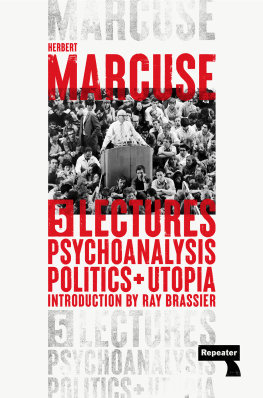
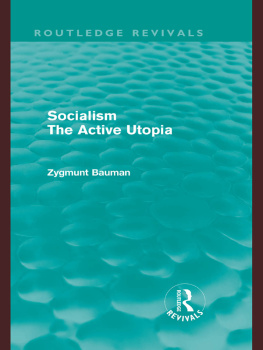
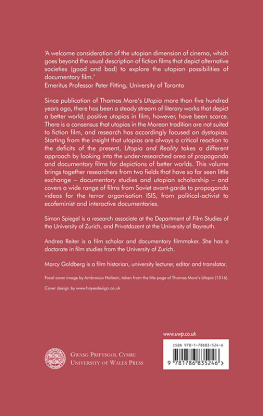
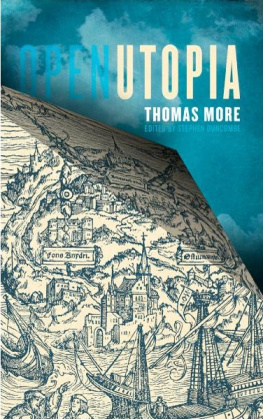

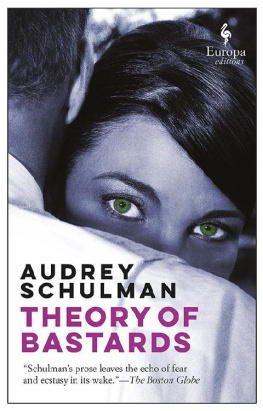
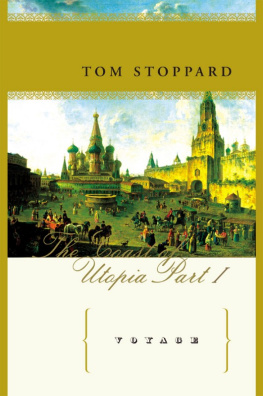
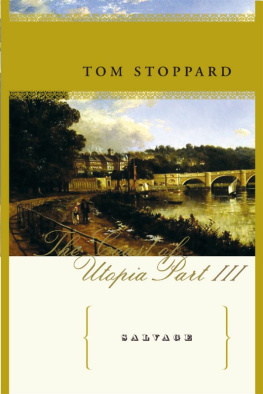
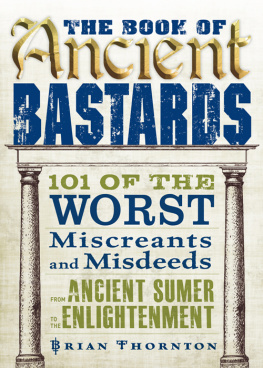

 The paper used in this publication meets the minimum requirements of the American National Standard for Information SciencesPermanence of Paper for Printed Library Materials, ANSI Z39.481992.
The paper used in this publication meets the minimum requirements of the American National Standard for Information SciencesPermanence of Paper for Printed Library Materials, ANSI Z39.481992.